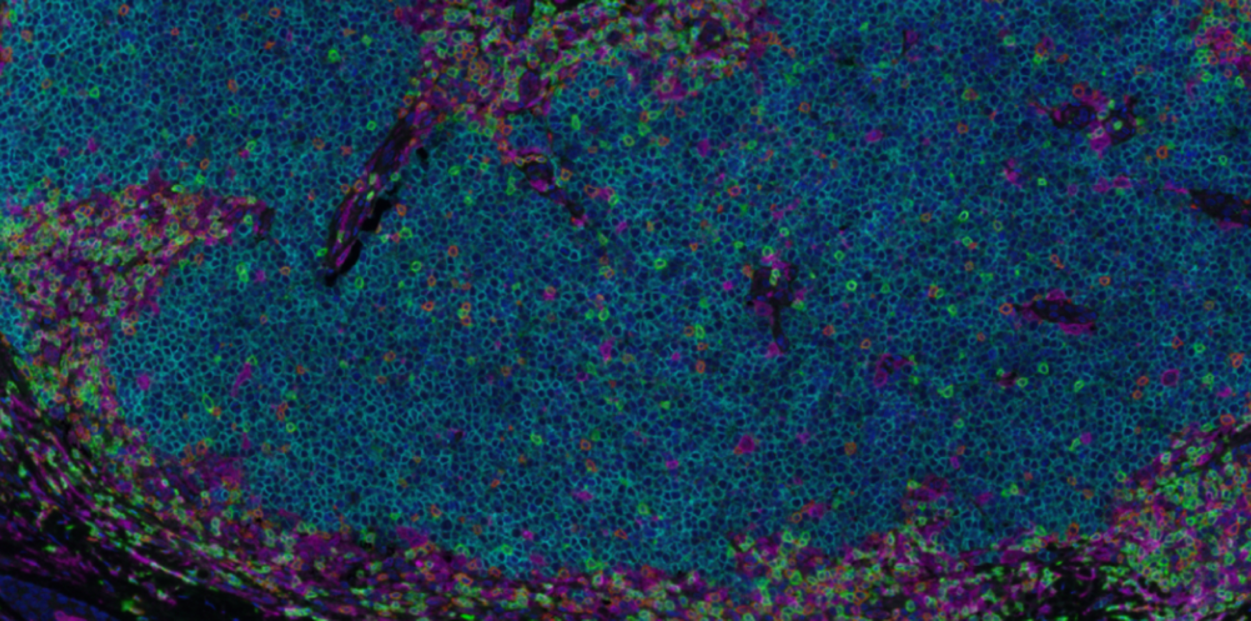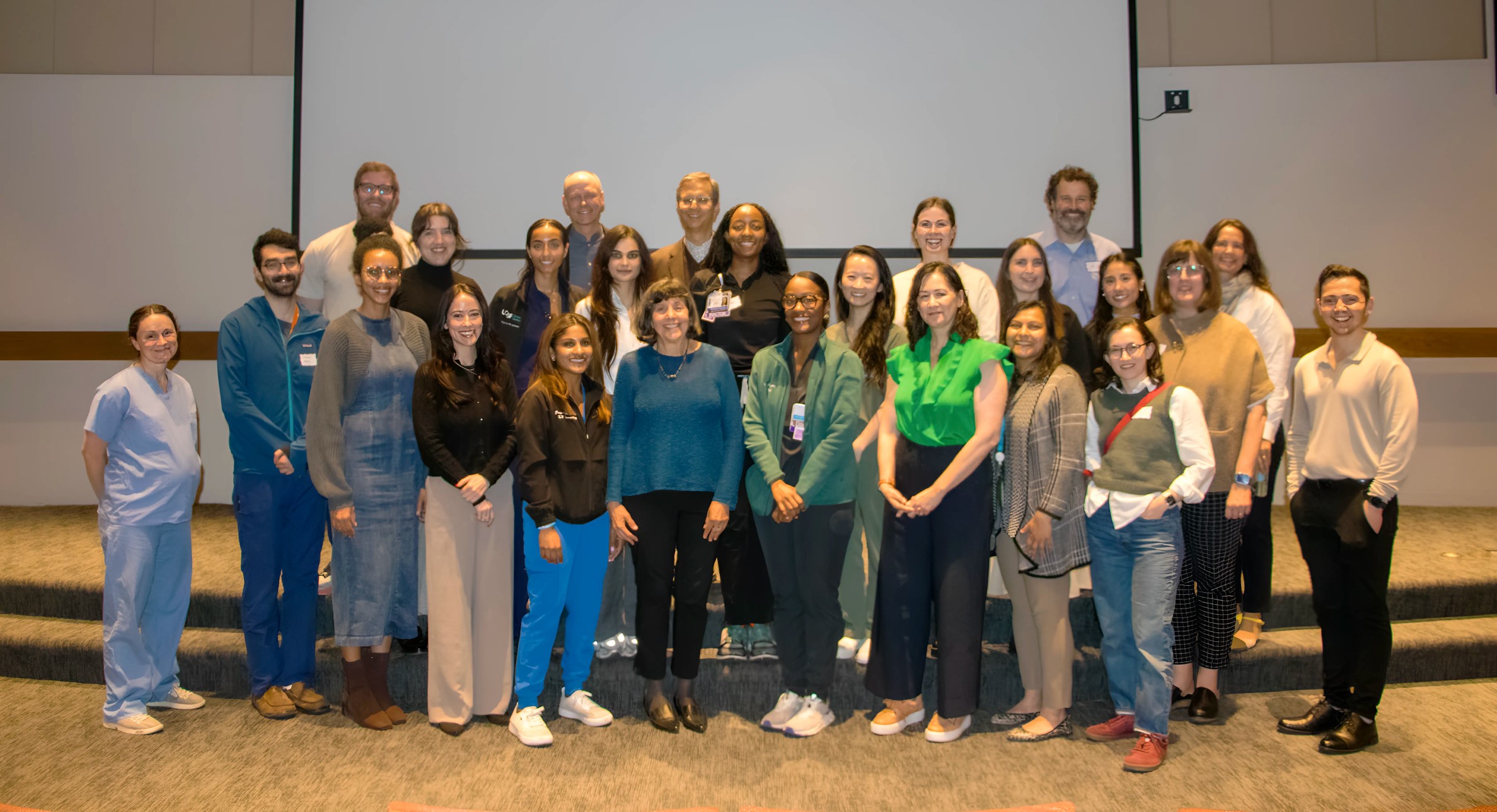Dr. Masaoki Kawasumi Discusses Impact of the Montreal Protocol on Skin Cancer

Dr. Masaoki Kawasumi, assistant professor and principal investigator for the Kawasumi Lab, recently gave an interview to Mashable on a new study showing the positive effects of the 1987 Montreal Protocol.
 The Protocol has slowed and reversed the increase in ozone-depleting gases in the atmosphere and reduced the overall number of Americans diagnosed with skin cancer each year.
The Protocol has slowed and reversed the increase in ozone-depleting gases in the atmosphere and reduced the overall number of Americans diagnosed with skin cancer each year.
The article, “Scientists find landmark treaty spares a stunning 443 million Americans from skin cancer,” delves into new research published in the scientific journal ACS Earth and Space Chemistry which found the Montreal Protocol (and amendments that later strengthened it) has in total prevented an estimated 443 million cases of skin cancer in Americans born between 1890 and 2100.
"This study clearly shows the impact of the Montreal Protocol on limiting ozone-depleting chemicals," says Dr. Kawasumi.
Dr. Kawasumi, a photobiology and skin cancer researcher, notes how important this research is to our nation's public health. Skin cancer in particular is the most prevalent cancer in the US, with some 5.5 million diagnoses each year.
The Montreal Protocol
The Montreal Protocol on Substances that Deplete the Ozone Layer is an international treaty designed to protect the ozone layer by phasing out the production of numerous substances that are responsible for ozone depletion. The landmark multilateral environmental agreement regulates the production and consumption of nearly 100 man-made chemicals referred to as ozone depleting substances.
When released to the atmosphere, those chemicals damage the stratospheric ozone layer, Earth’s protective shield that protects humans and the environment from harmful levels of ultraviolet radiation from the sun. Adopted on Sept. 15, 1987, the Protocol is the only United Nations treaty to be ratified by every country on Earth - all 198 UN Member States.
Dr. Kawasumi is an assistant professor within UW Medicine’s Division of Dermatology and principal investigator for the Kawasumi Lab. The Kawasumi Lab's research focuses on elucidating molecular mechanisms of UV-mediated diseases (skin cancer and lupus). His research has been supported by the National Institutes of Health and Dermatology Foundation.









